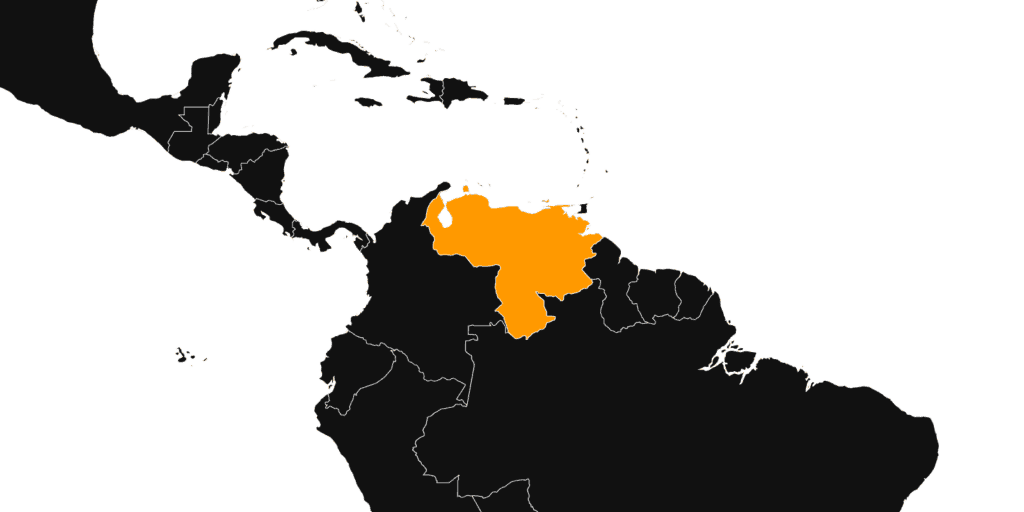
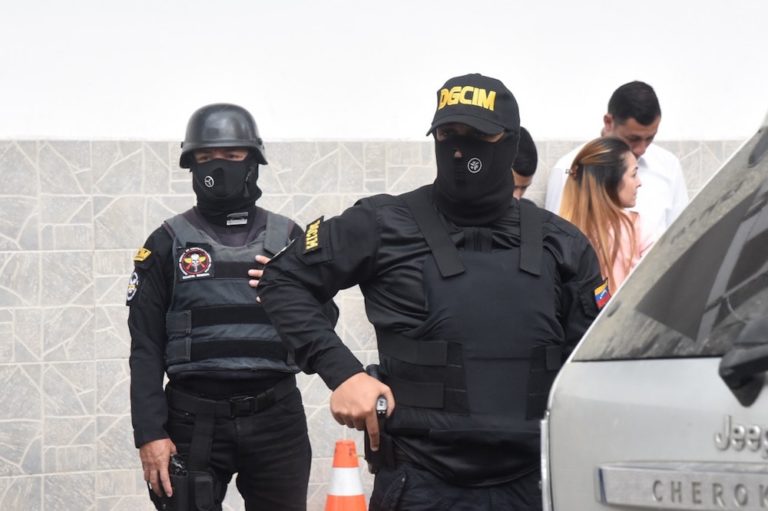
Venezuelan authorities charge 2 journalists, imprison 1, under ‘anti-hate’ law
Venezuelan authorities should immediately drop all charges against journalists Otilio Rodríguez and Nicmer Evans, release Evans immediately, and stop using the country’s anti-hate law to persecute the press.
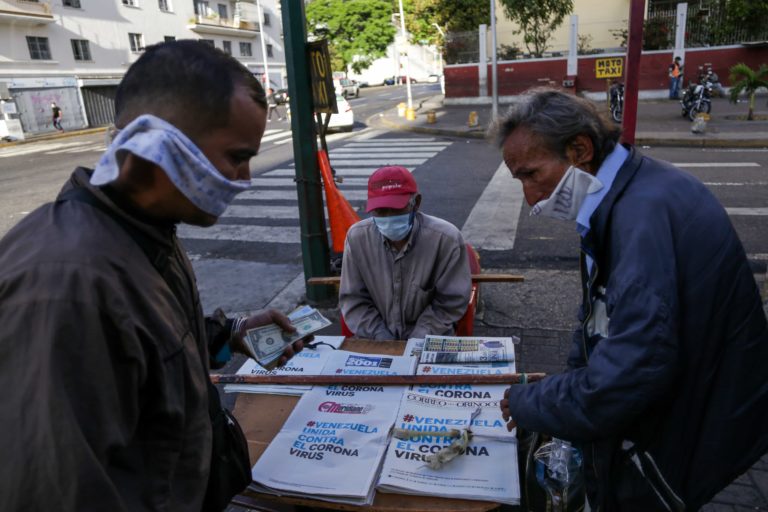
IFEX-ALC condemns arrest of journalist Darvinson Rojas, calls for his release
We, the member organisations of the IFEX-ALC network, condemn the arrest of journalist Darvinson Rojas in retaliation for his publication of information regarding COVID-19 infection cases in the Venezuelan state of Miranda. We call for his immediate release and for the charges against him to be dropped.
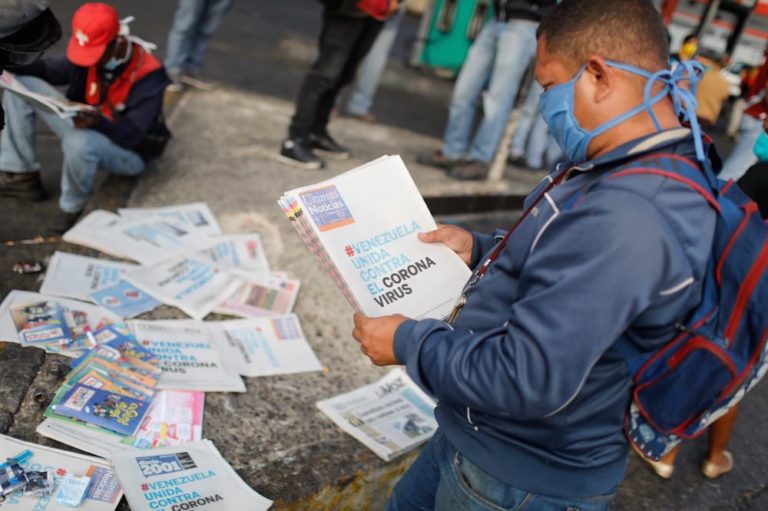
Venezuelan journalist arrested by special forces following coronavirus coverage
Venezuelan authorities must immediately release journalist Darvinson Rojas and ensure that the media can cover the coronavirus outbreak in the country without fear of retribution.

Pro-government groups attack reporters covering Juan Guaidó’s return to Venezuela
Venezuelan authorities should quickly and thoroughly investigate the violent attacks on journalists covering Juan Guaidó’s return to the country, and determine whether security forces were negligent in protecting journalists.
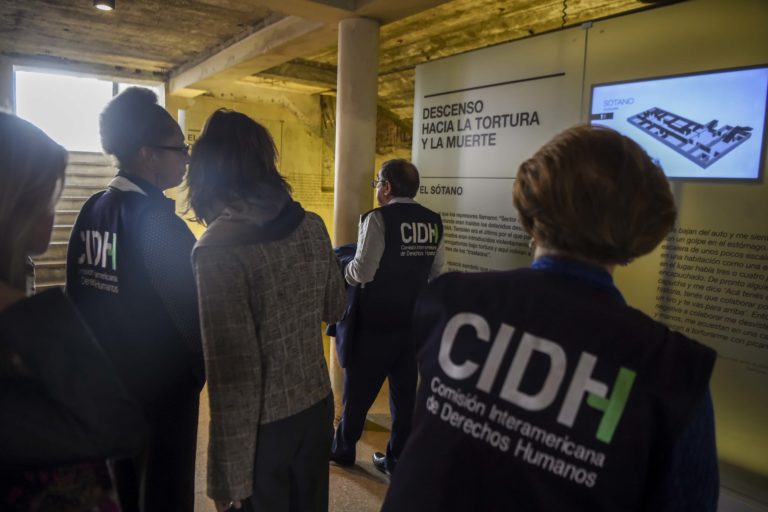
IFEX-ALC condemns Venezuela’s refusal to allow visit by IACHR
Blocking the IACHR’s entry to the country denies victims the opportunity to be heard and seek justice.

Venezuelan intelligence services raid, shutter news outlets Venepress and Telecaribe
CPJ calls on Venezuelan authorities to immediately allow local news outlets Telecaribe and Venepress to resume their work informing the public and cease their harassment of independent media.
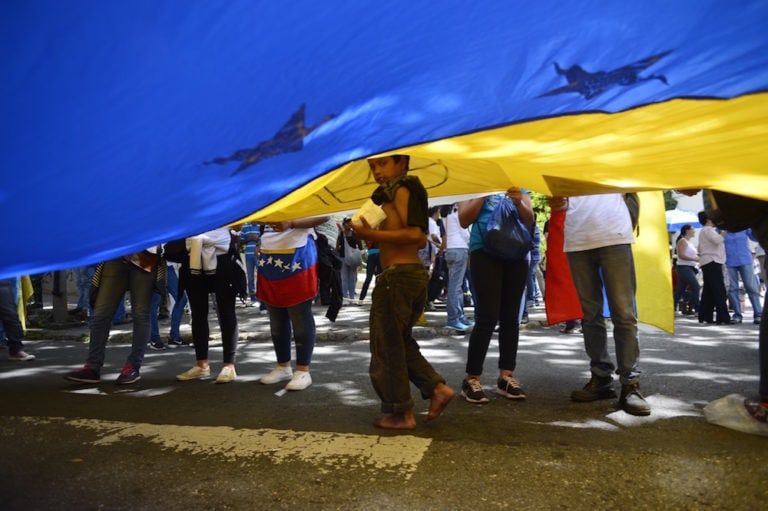
Milagros Socorro: “To see your country destroyed day after day fatigues the soul”
Journalist and ICORN writer-in-residence Milagros Socorro continues to write and fight against corruption and authoritarianism in her native Venezuela.
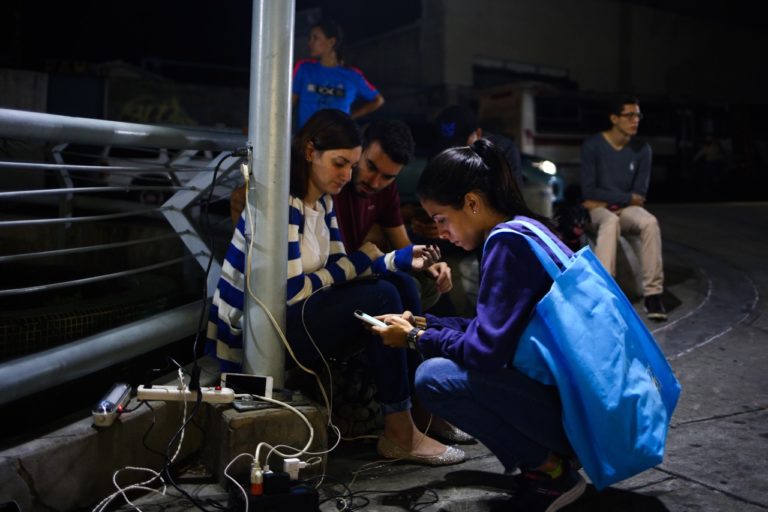
Faced with blackouts and censorship, Venezuelans resort to creative methods to keep themselves informed
Getting on public transit to verbally narrate the news, using personal social networks, or creating WhatsApp groups among journalists… these are some of the alternative methods being used in the face of the news blackout.
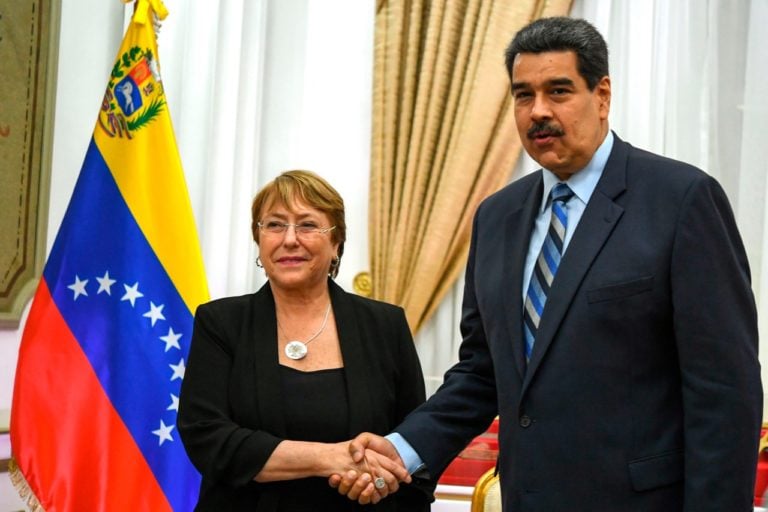
Venezuelan journalist Braulio Jatar conditionally released, barred from leaving country
“If Venezuelan authorities had any credible evidence to support the charges against Jatar, they would have put him on trial. Instead he still faces criminal prosecution simply for reporting on protests,” CPJ pointed out.

Soldiers block press access to Venezuelan parliament
Since 7 May 2019, the Venezuelan Bolivarian National Guard has blocked journalists from accessing the National Assembly, the country’s legislature, during the body’s debates and activities held every Tuesday, according to news reports and local rights organizations.

Challenges facing journalists trying to cover latest violence in Venezuela
Since April 30, journalists have been affected by tear gas when covering the protests; detention and prosecution at the hands of state security authorities is also a serious risk.

Maduro’s internet blackout stifles news of Venezuela crisis
News coverage of opposition leader Juan Guaidó’s arrival at the international airport and his fiery speech in a Caracas plaza were largely blacked out.
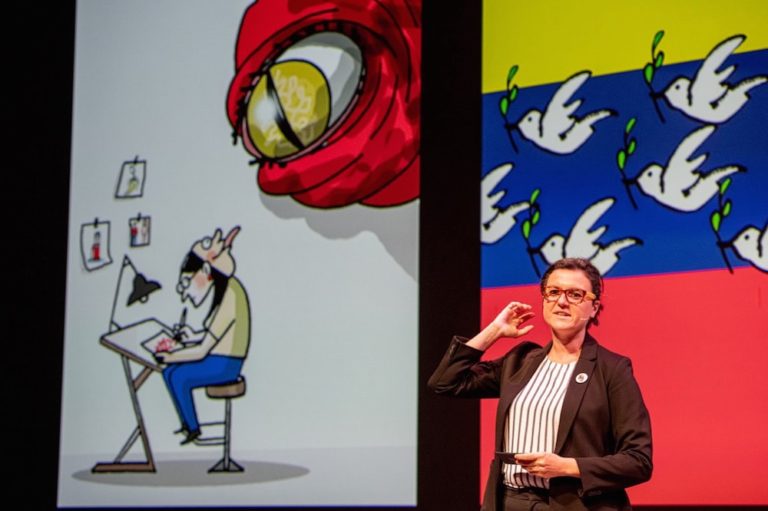
Rayma Suprani: A profile
Rayma Suprani has had a long career as a hard-hitting political cartoonist, having worked at Venezuela’s oldest and largest circulation newspaper, “El Universal”, for 19 years before she was fired in September 2014.
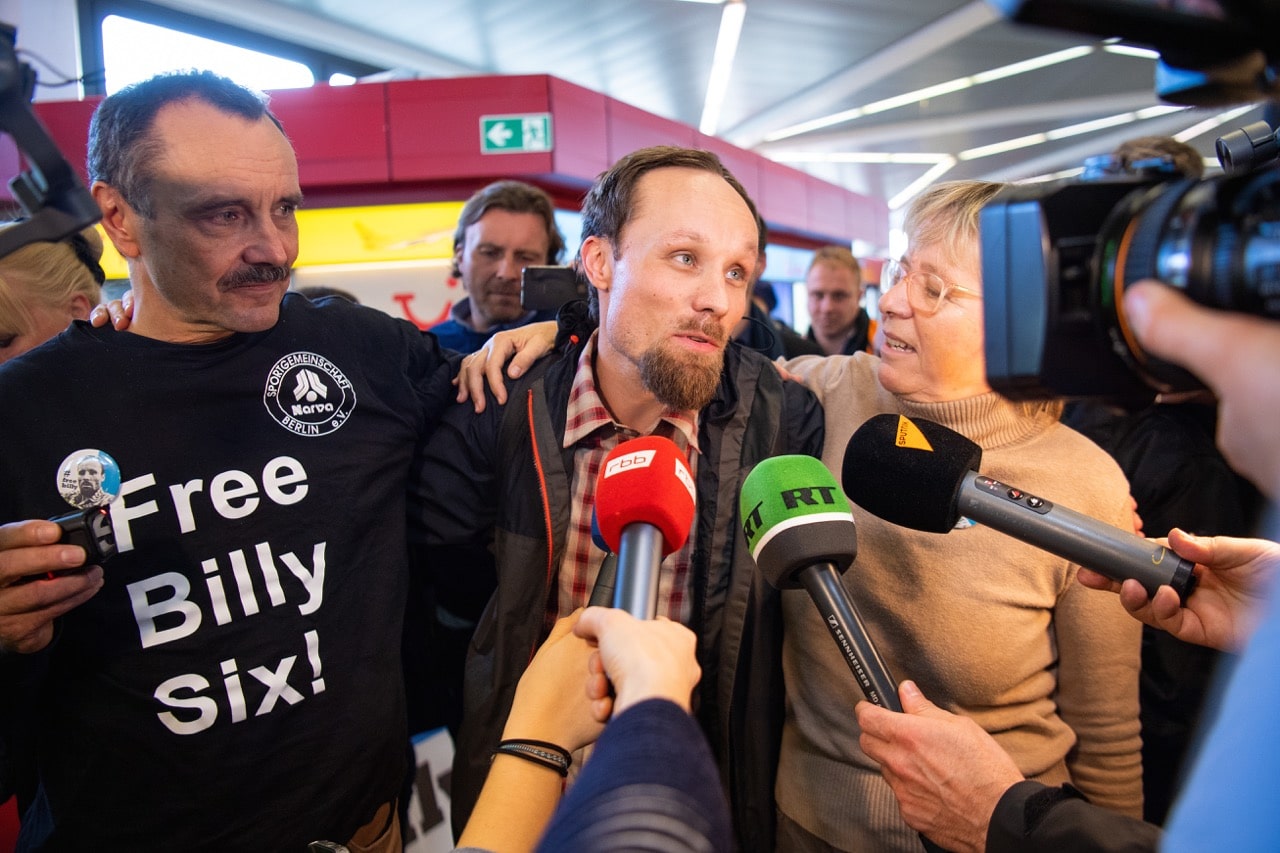
German freelancer Billy Six freed, leaves Venezuela after 4 months in prison
Venezuelan authorities granted Six conditional release on the night of 15 March, with orders to present himself to authorities every two weeks and refrain from speaking about his case.

IFEX-ALC demands the dropping of all charges and restrictions on Venezuelan rights defender Luis Carlos Díaz
IFEX-ALC demands the dropping of all charges and restrictions on Venezuelan rights defender Luis Carlos Díaz. Experts from the United Nations and the Inter-American Commission on Human Rights have also expressed deep concern over Díaz’s case.
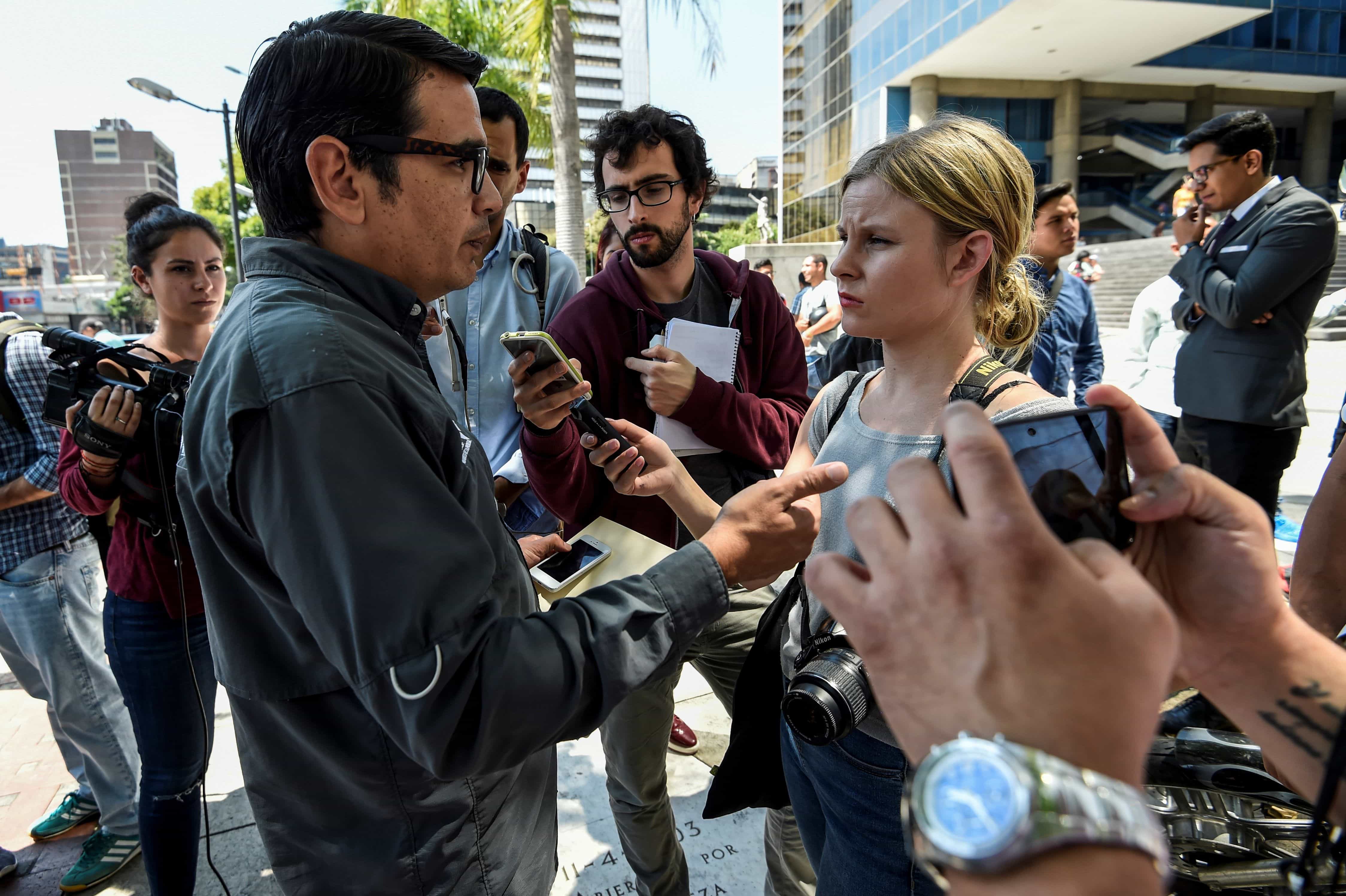
IFEX-ALC’s 23 member organisations condemn attacks on freedom of expression in Venezuela
Venezuela is in the midst of a marked and alarming deterioration in the position of media outlets and conditions for carrying out journalism, as a result of ongoing harassment by state entities, coupled with the country’s economic crisis.